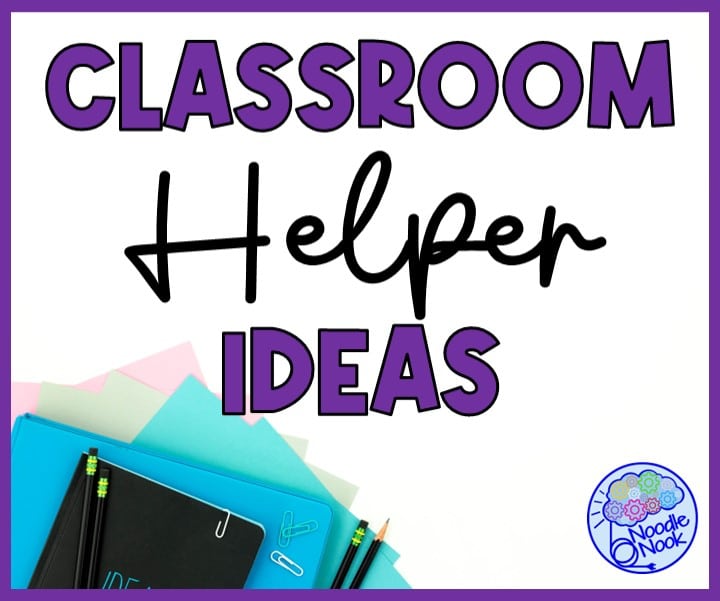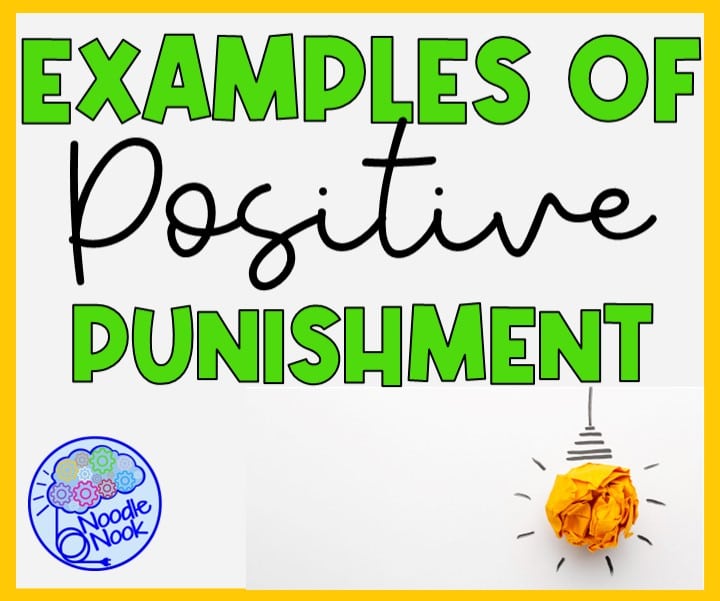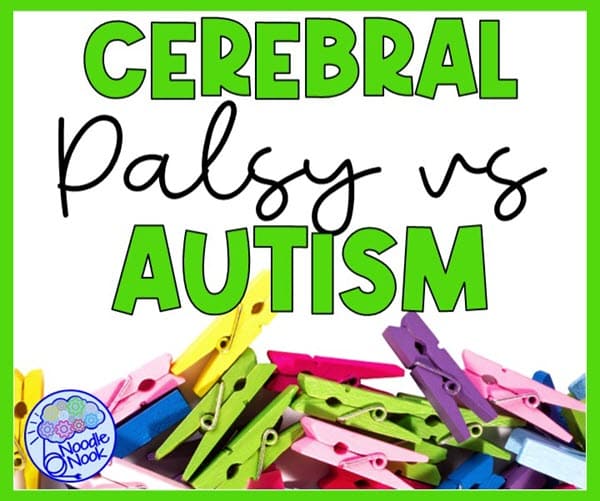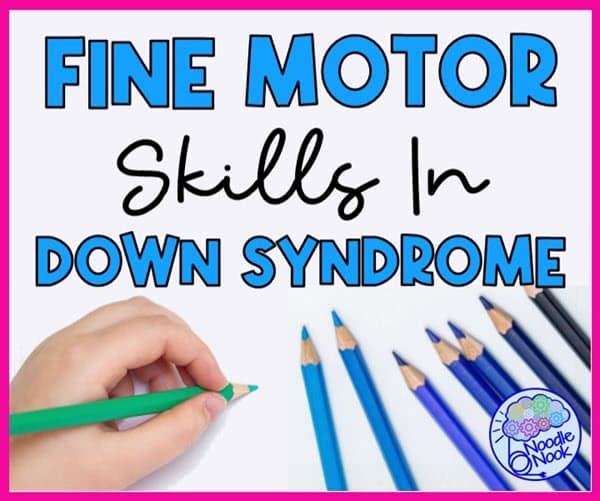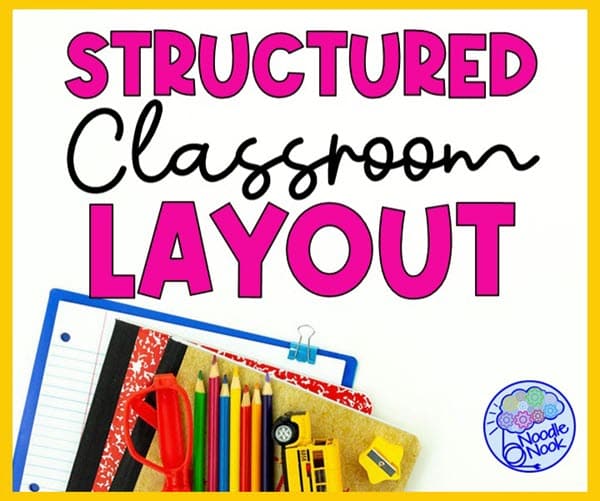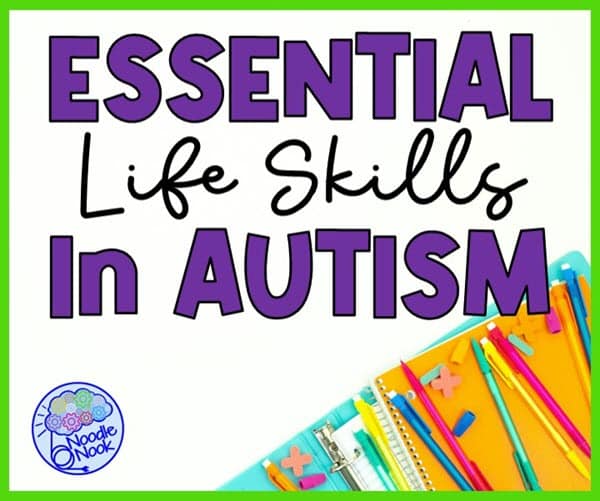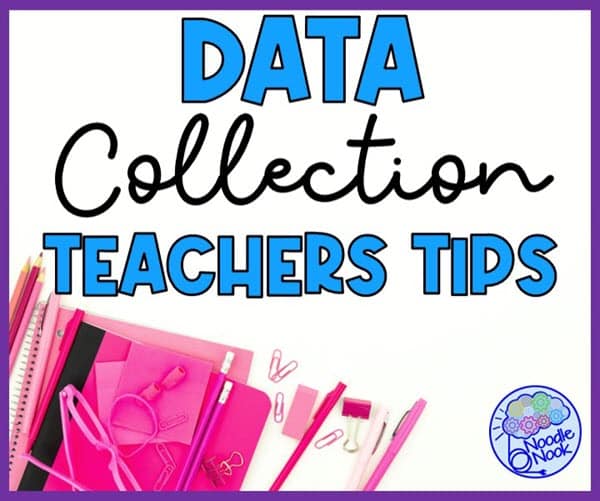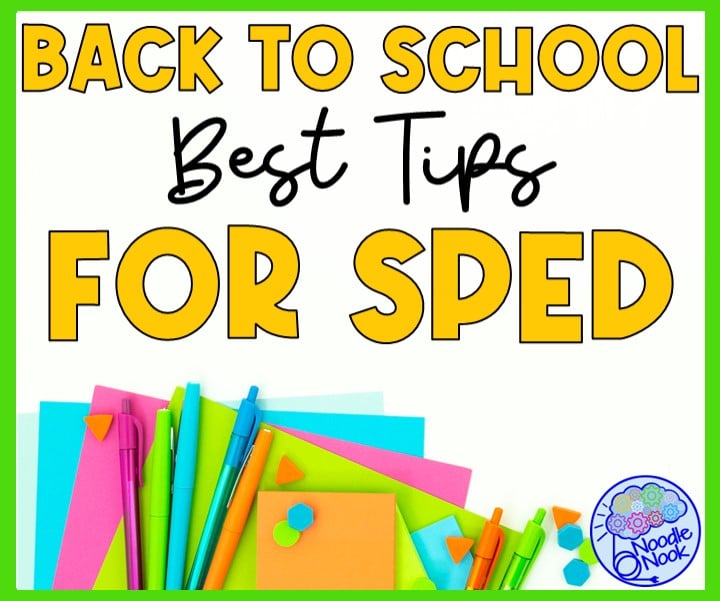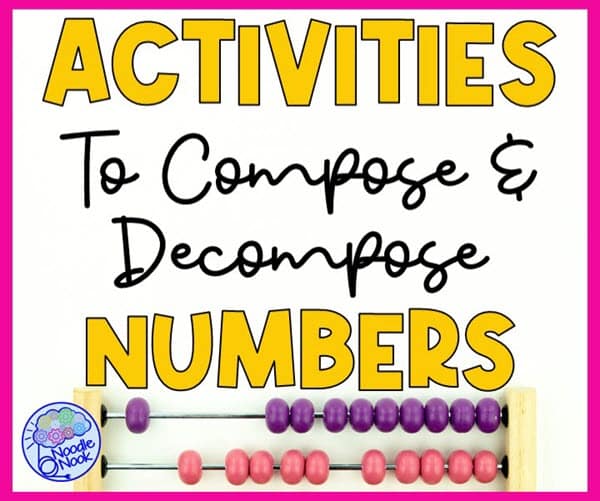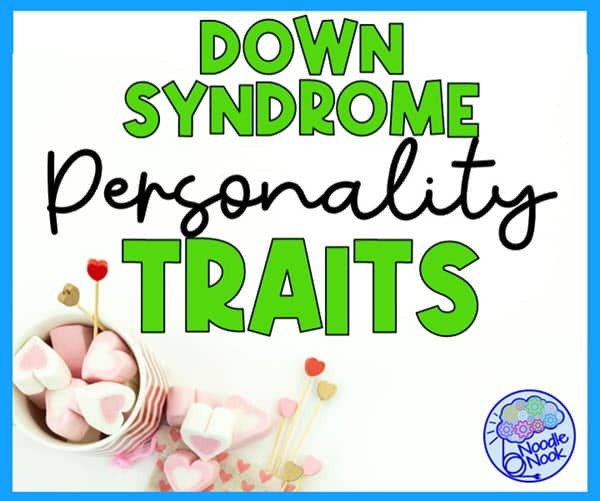During a teacher appreciation week, I found myself up early strolling through a big box store trying to find a perfectly practical yet thoughtful gift for my amazing teacher team. Excitement washed over me as I found the perfect insulated mugs. Only one problem. There were only three. I hunted down a store employee and asked them if they had any more in the back because I could only find three but I needed eight. To my surprise, the employee asked, “Well, how many more do you need then?” At that moment, rather caught off guard, I realized how important math fluency is in everyday situations. That’s why there’s immense value in incorporating activities for composing and decomposing numbers in your classroom.

